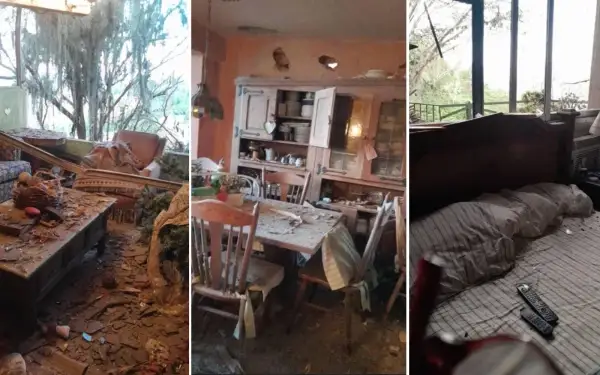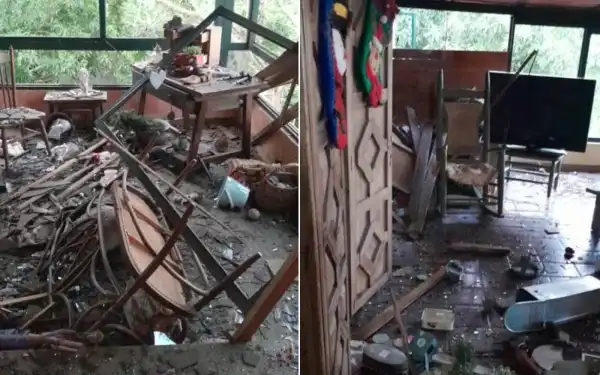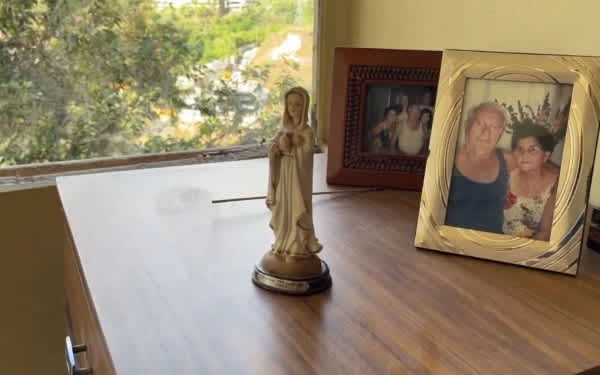 St. Mary's Catholic Cathedral in Edinburgh, Scotland. | Credit: Gastao at English Wikipedia (CC BY-SA 3.0)
St. Mary's Catholic Cathedral in Edinburgh, Scotland. | Credit: Gastao at English Wikipedia (CC BY-SA 3.0)
Jan 7, 2026 / 13:40 pm (CNA).
Scottish bishops have denounced a law establishing so-called "buffer zones" around abortion facilities, saying it "restricts free speech, free expression, and freedom of religion in ways that should concern us all."
The Abortion Services (Safe Access Zones) Act 2024 establishes "buffer zones" up to 200 meters (656 feet) around 30 locations across Scotland. The Bishops' Conference of Scotland said: "Within those zones, any conduct deemed to 'influence' a decision about abortion may be criminalized."
"We oppose this law because it is disproportionate and undemocratic," the bishops said in a Jan. 6 statement. "The Catholic Church does not condone harassment or intimidation, but that was not the intention of this law."
The Scottish government lists several activities that might violate the law, including "silent vigils," "handing out leaflets," "religious preaching," and "approaching someone to try and persuade them not to access abortion services."
It is "unsettling" that this Christmas season "saw the first person in Scotland charged under the … law in Scotland," the bishops said. A law "the Church believes curtails Scotland's commitment to freedom of expression and conscience, and restricts critical voices from democratic debate in the public square."
In December 2025, 74-year-old Rose Docherty was charged under the law, following her original arrest in February 2025 in Glasgow. She was arrested when she was silently standing outside Queen Elizabeth University Hospital holding a sign that said: "Coercion is a crime; here to talk, only if you want."
Risks of the law
The bishops highlighted the "troubling" implications and concerns of the legislation.
The law potentially "criminalizes a person standing alone in a buffer zone without any visible expression of protest but who is deemed by others to be offering a silent pro-life inspired prayer," the bishops said.
It "extends to private homes within designated zones," they said. "A pro-life poster displayed in a window, a conversation overheard, a prayer said by a window; all could, in principle, fall within the scope of criminal sanction."
When asked if praying by a window in your own home could constitute an offense, Gillian Mackay, the Scottish Green Party member of Parliament who spearheaded the legislation, replied: "That depends on who's passing the window."
Scotland's police have also "expressed unease," the bishops said. Superintendent Gerry Corrigan told Parliament that policing thought is an area they "would stay clear of." He added: "I do not think we could go down the road of asking people what they are thinking or what their thoughts are."
The bishops said the law could also affect women experiencing crisis pregnancies who may be denied the opportunity to freely speak to people and organizations that can help them. They said: "A law supposedly designed to protect choice risks doing the opposite — eliminating one side of a conversation and one set of choices altogether."
Some parliamentarians attempted to mitigate the effects of the law by proposing a "reasonableness defense" or "exemptions for chaplains who might be criminalized for pastoral conversations," but "all amendments were rejected or withdrawn," the bishops said.
"We support all those who, motivated by conscience and compassion, stand up for the right to life. It cannot be a crime to give our voice and our prayers to the unborn," they said.
"As we look to the child in the manger this Christmas and Epiphany, we are reminded that babies do not have a voice of their own. It is a shame that the state has now also curtailed the voices of ordinary citizens who advocate for them within its borders," they said.













